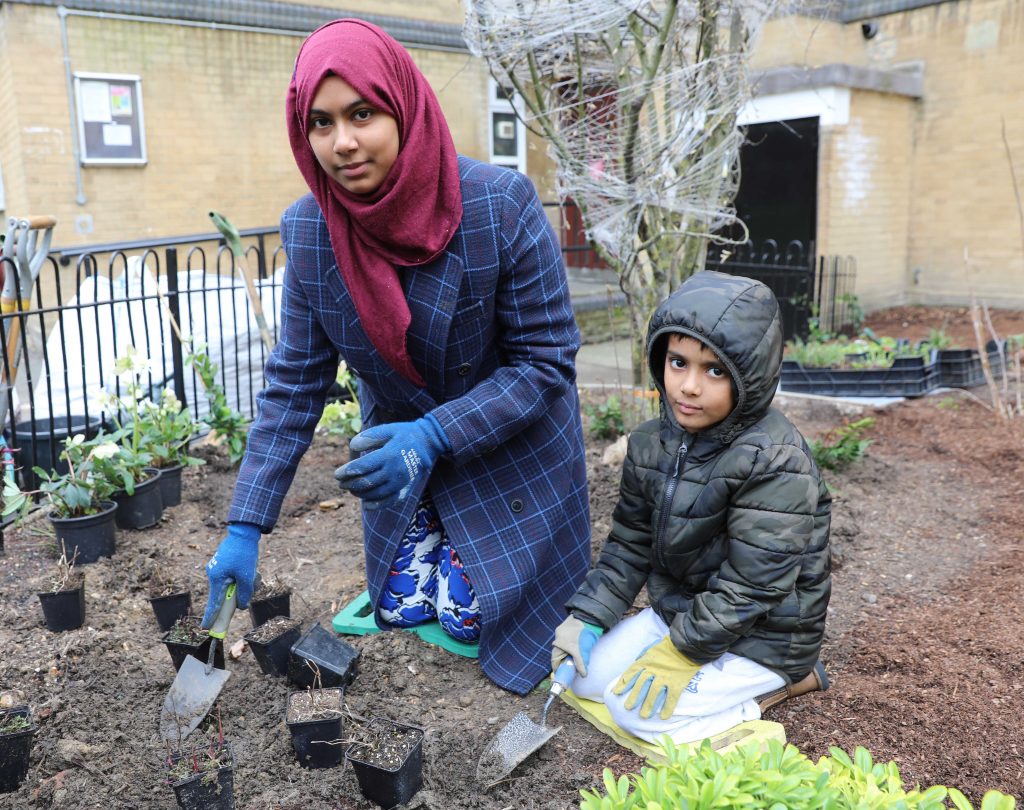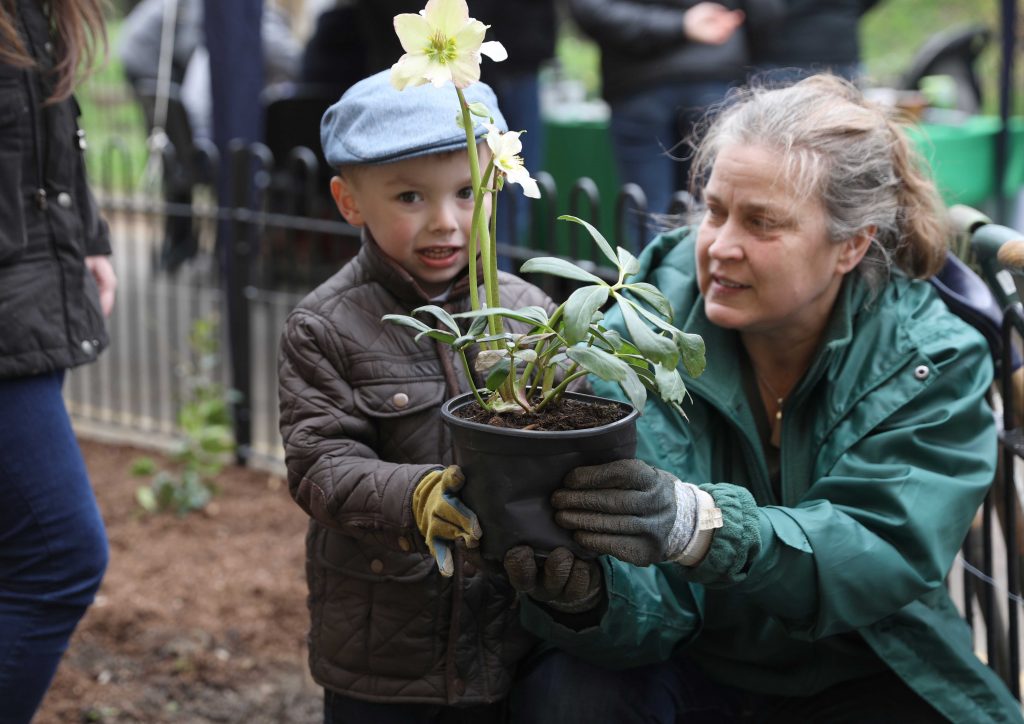To tackle the climate crisis, we must increase gender diversity in STEM

Groundbites is our new bite-sized blog series featuring our experts making London greener, stronger and healthier. This article features our Senior Community Projects Officer, Tilly Cook, explaining the importance of diversity in tackling the climate crisis.
Climate change is a super wicked problem: it is immense in its complexity and has serious implications for the future. In order to engage with the climate crisis we need researchers and practitioners to produce a diverse range of powerful solutions. However, with women making up only 30% of global researchers, we are falling short of the diversity that is critical to producing new ideas.
On the International Day of Women and Girls in Science, we must recognise how the lack of gender equality – and diversity in general – undermines our efforts to tackle the climate crisis.
The absence of women in climate-related science, technology, engineering and maths (STEM) roles is particularly worrying because, when it comes to the effects of climate change, women have a lot to lose. Women are 14 times more likely to die in a natural disaster than men, but women hold less responsibility for global heating. The global feminization of poverty along with the fact that women often bear the burdens of childcare and food provision makes them especially vulnerable to the impacts of climate change.
Recent studies have shown that women in the Global North travel less by car, consume less meat than men and use 70% less energy than their male counterparts. However, the experiences of women are varied. Geographic location, class, ability and race all impact the ways that women will be affected by climate change. As a result, women will come to research with their own sets of intersecting identities and perspectives which will contribute to the richness of perspective required to tackle the climate crisis.
Women’s voices are not the only ones missing from mainstream discussions of climate change
The voices of many frontline communities who live with the first-hand effects of a changing climate are often excluded. Whether through scientific researchers or spokespeople with lived experience, the way we understand climate change and its solutions must be informed by as diverse a range of perspectives as possible.
Through my work with Groundwork, I have seen what an inclusive approach to solving climate change looks like in practice. I work with women within their own communities to deliver environmental education projects in parks, climate-proofing projects in housing estates, tree planting projects in neighbourhoods and young people training schemes in the green economy.


Working with local communities to deliver de-paving schemes and gather important evidence to support the creation of suitable guidance that will help to encourage greater de-paving across London.
One woman, in particular, Dawn, has worked tirelessly to create new green spaces on her housing estate. She has lobbied the council, rallied residents, collected signatures and co-created new designs. As a result, the estate has green space that offers new habitats, shade from the sun and a sustainable urban drainage system designed to handle the unpredictable weather that comes with a changing climate.
Whether as climate scientists, community leaders, marine biologists, teachers or politicians, the actions and voices of women and girls give me hope for our heating planet. Their voices are part of the solution we desperately need.
Tilly Cook, Senior Community Project Officer
